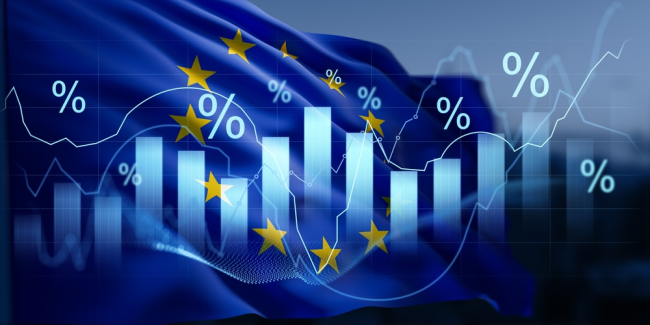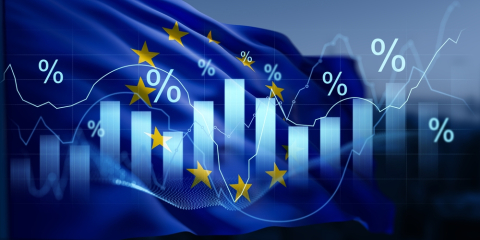North Korea: Assessing a clear and present danger to regional stability in Northeast Asia

Informations pratiques
Centres et programmes liés
SEMINAR CANCELLED
North Korea is perhaps the most volatile hotspot in East Asia today. As a new administration takes to the White House in Washington and political scandals rock Seoul, Pyongyang appears intent on taking advantage of fortuitous timing to confirm advances in its nuclear deterrence capability in the form of a much-anticipated test launch of an intercontinental ballistic missile. The risk of instability and violence on the Korean Peninsula seems only to increase with time. Two renowned experts on North Korea and the diplomacy of dealing with the regime in Pyongyang will provide their views on this crucial element of regional security.
- Victor Cha, Senior Adviser and Korea Chair at the Center for Strategic and International Studies (CSIS) in Washington D.C. and a former Director for Asian Affairs at the National Security Council under George W. Bush (2004-2007)
- John Everard, former Coordinator of the United National Panel of Experts on sanctions against North Korea (2011-2012) and former British Ambassador to North Korea (2006-2008)
Chair: Françoise Nicolas, Director, Center for Asian Studies, Ifri
Autres événements

Sécurité collective et pivot américain : les enjeux de burden-shifting/burden-sharing en Europe
L’Ifri accueille l’amiral Pierre Vandier, Commandant suprême allié pour la transformation de l'OTAN, le 15 janvier 2026 à 9h30, à l’occasion d’un BBS consacré aux enjeux du burden-sharing.

André Beaufre, un stratège pour notre temps
Relire Beaufre aujourd’hui ! Le célèbre auteur d'Introduction à la Stratégie (1963), le général André Beaufre (1902-1975) n’a pas dit son dernier mot. Ses concepts-clefs demeurent pertinents.

L’économie européenne et ses entreprises face au risque géopolitique : approches croisées
Les tensions géopolitiques deviennent une contrainte et une source de risque majeure pour l’économie européenne et ses acteurs privés comme publics.










